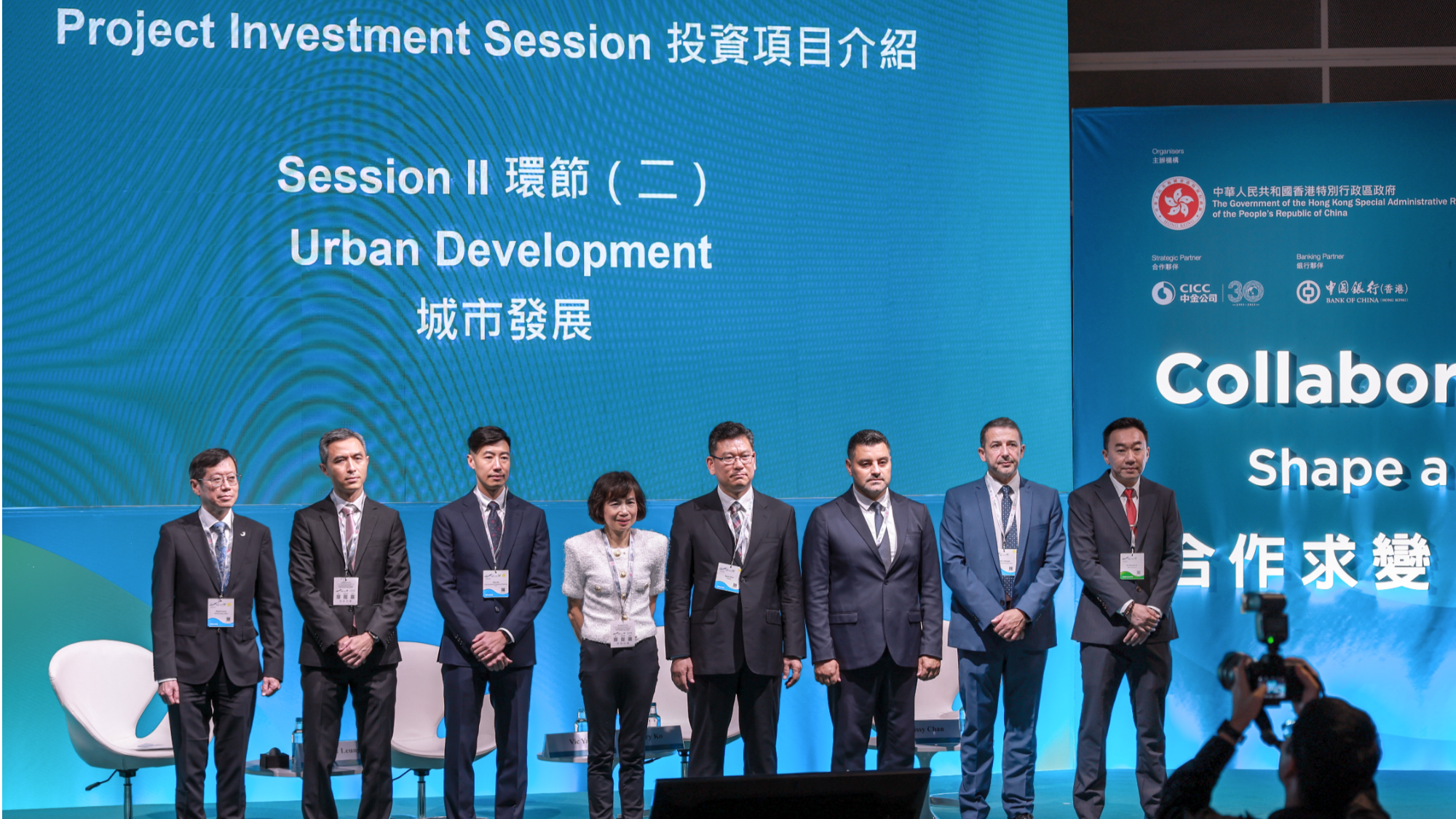
Global leaders on Thursday lauded Hong Kong’s mega infrastructure projects, particularly the Northern Metropolis, as benchmarks for the next generation of urban development.
On the second and final day of the city’s flagship Belt and Road Summit, which kicked off on Wednesday, heavyweights from the urban development sector gathered at a panel session to envisage the developing patterns for future infrastructure and tout investment for ongoing projects from global investors.
Hong Kong’s under-construction innovation engine, the Northern Metropolis, with a reach of 30,000 hectares, and its flagship project — the Hong Kong-Shenzhen Innovation and Technology Park in Lok Ma Chau Loop — were praised by panelists as an evolution in infrastructure planning toward interconnected, sustainable hubs driven by cross-border collaboration.
READ MORE: Hong Kong-Shenzhen I&T park welcomes some 60 partners
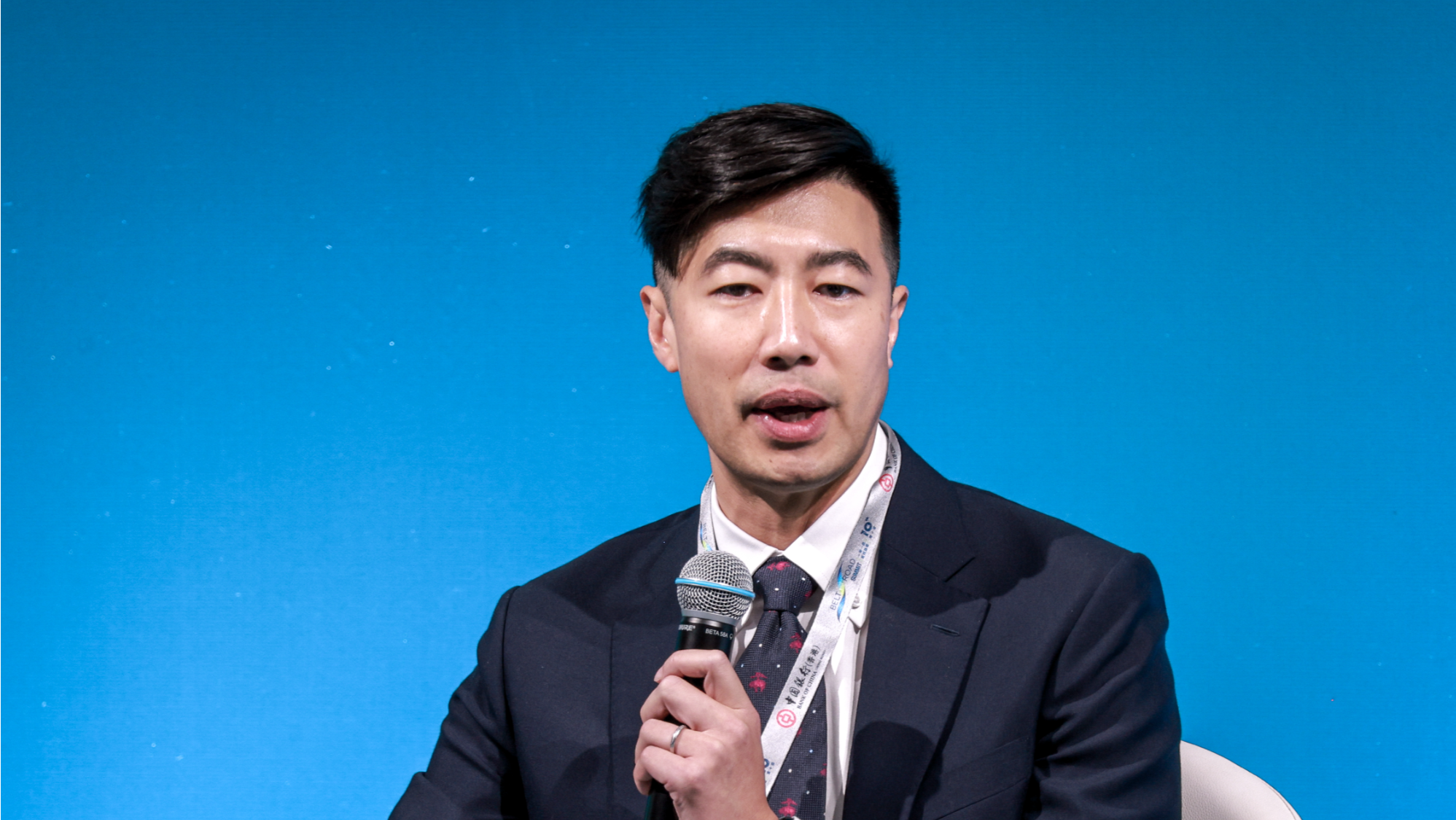
“What we are trying to do right now is to talk to different partners from Hong Kong, the Chinese mainland, and especially BRI (Belt and Road Initiative) countries, to bring them in, to come and take a look, get them to invest,” said Gary Ko, the associate director overseeing business development at the Hong Kong-Shenzhen Innovation and Technology Park Ltd.
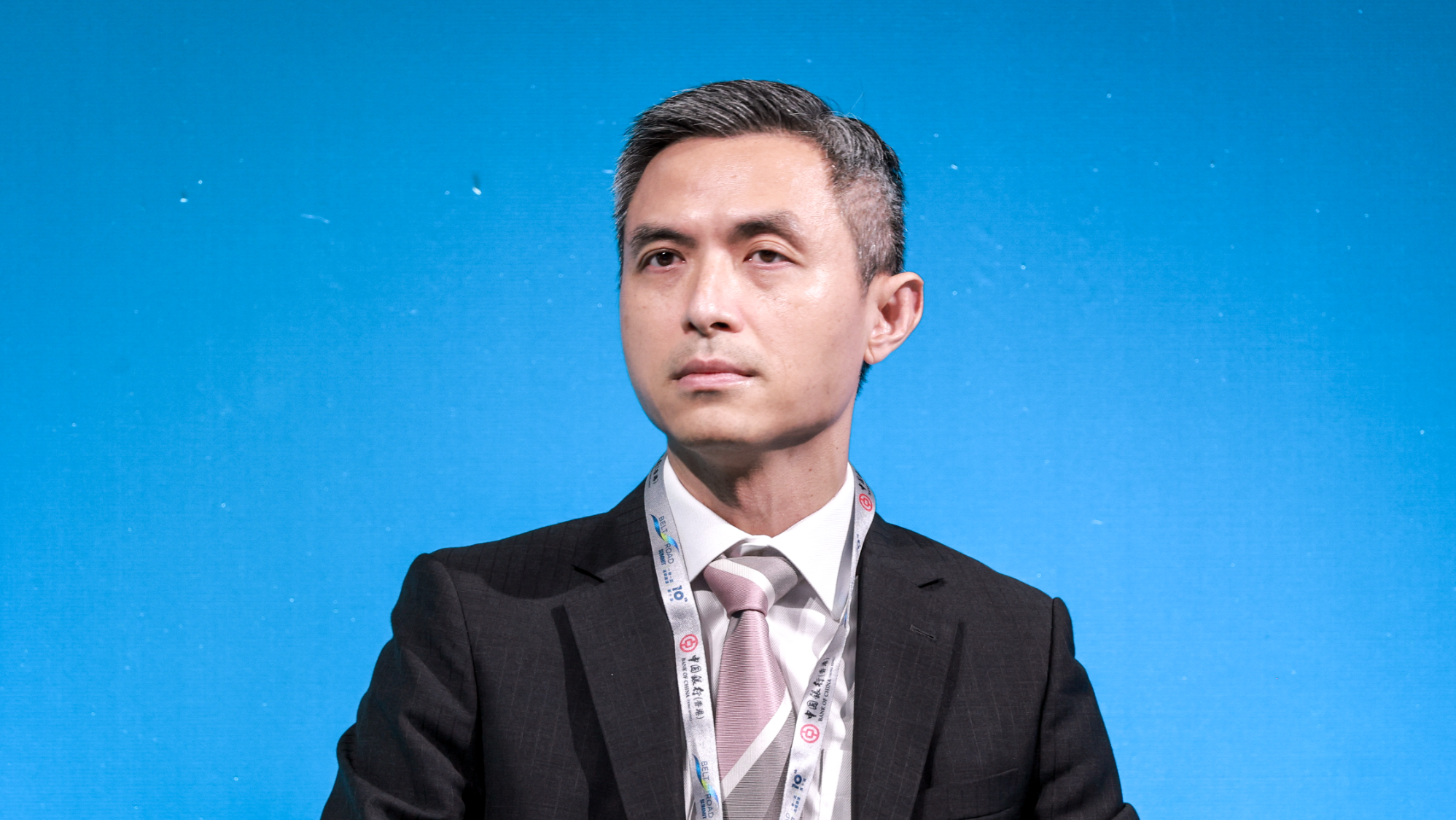
Vic Yau Cheuk-hang, director of the Development Bureau’s Northern Metropolis Co-ordination Office, said that HK$50.4 billion ($6.47 billion) for 27 ongoing government contracts for the Northern Metropolis have been awarded.
The mega innovation hub is said to have invited five further tenders with over HK$2 billion at stake in the coming quarter to the first half of 2026.
Also actively wooing investors is the Hong Kong-Shenzhen Innovation and Technology Park, also known as the Hong Kong Park of Hetao Shenzhen-Hong Kong Science and Technology Innovation Co-operation Zone — a twin science park jointly built and operated by Hong Kong and Shenzhen.
The first three buildings — two for web labs and one as talent dormitory — are ready for operation. Another five buildings of the first batch of eight buildings in the first phase of the park will be gradually completed beginning in 2027.
Currently, the park is in close discussion with 30 enterprises, with the first batch of tenants expected to move in before the end of this year.
Ko said that the Batches 2 and 3, the remaining two batches for the park’s initial phase, involves 32 buildings, expected to host research-and-development labs, commercial and mixed-use hubs, advanced manufacturing factories, as well as an international school and accommodations.
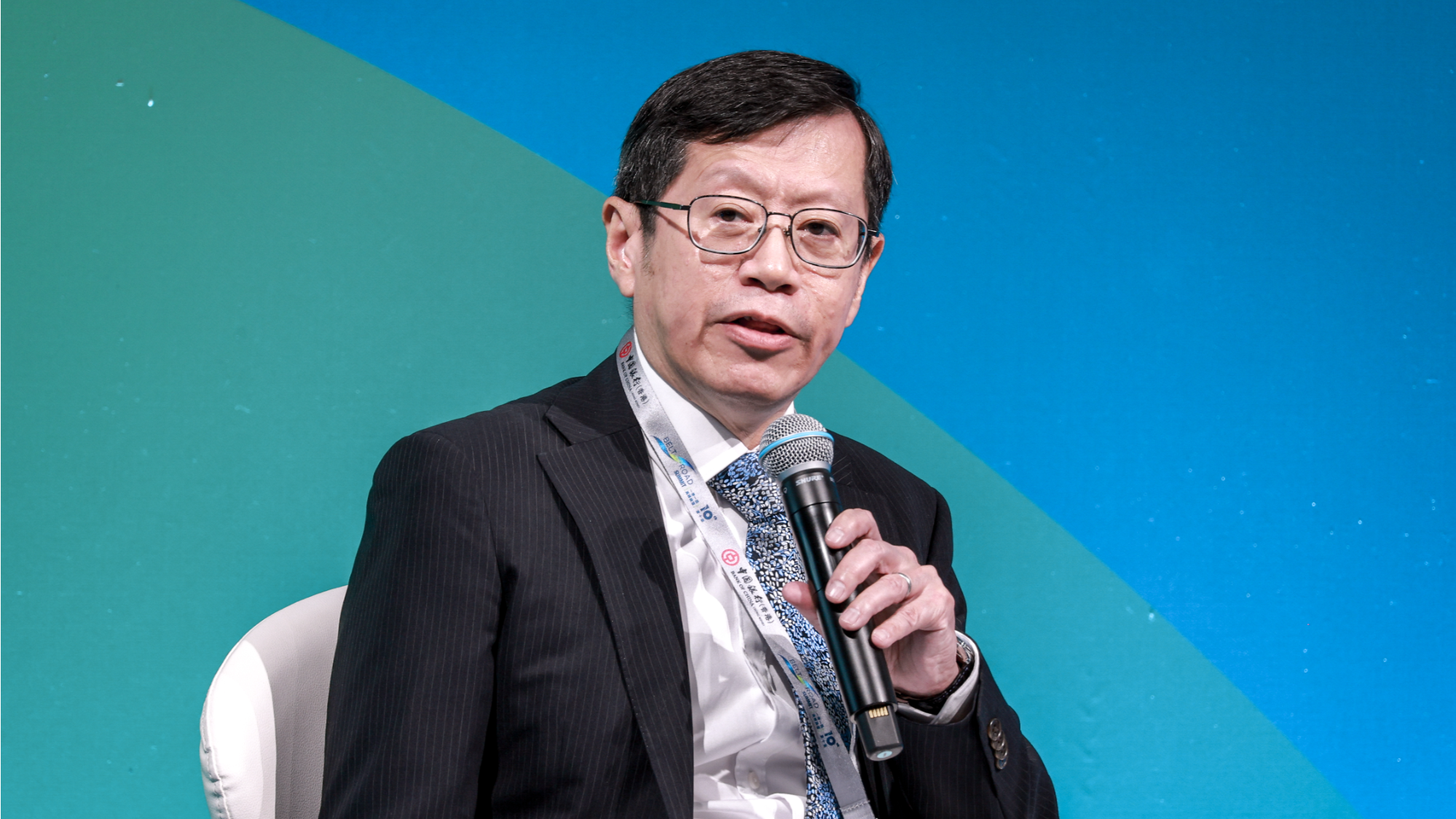
Moderating the panel, Leung Kwok-yiu, Halcrow China Ltd’s senior director of operations, said the high stakes facing the sector. Cities drive economic growth, yet now grapple with population growth, climate change, and technological disruption, he said.
He said Hong Kong’s mega projects are evidence of a shift in urban development — pivoting toward integrated transportation and tech-enabled communities, sustainable low-carbon solutions, and cross-border collaboration that blends national, global expertise and financing.
Several overseas projects were also highlighted during the panel, including the industrial-residential development of Hyeondeok District in Gyeonggi-do, South Korea; Azerbaijan’s Etno Village eco-tourism park; Poland’s Lodz Special Economic Zone; and two Indonesian industrial parks in Batamindo and Bintan, located just a 40- and 60-minute ferry ride respectively from Singapore.
READ MORE: Hetao’s HK Park set to welcome first tenants soon
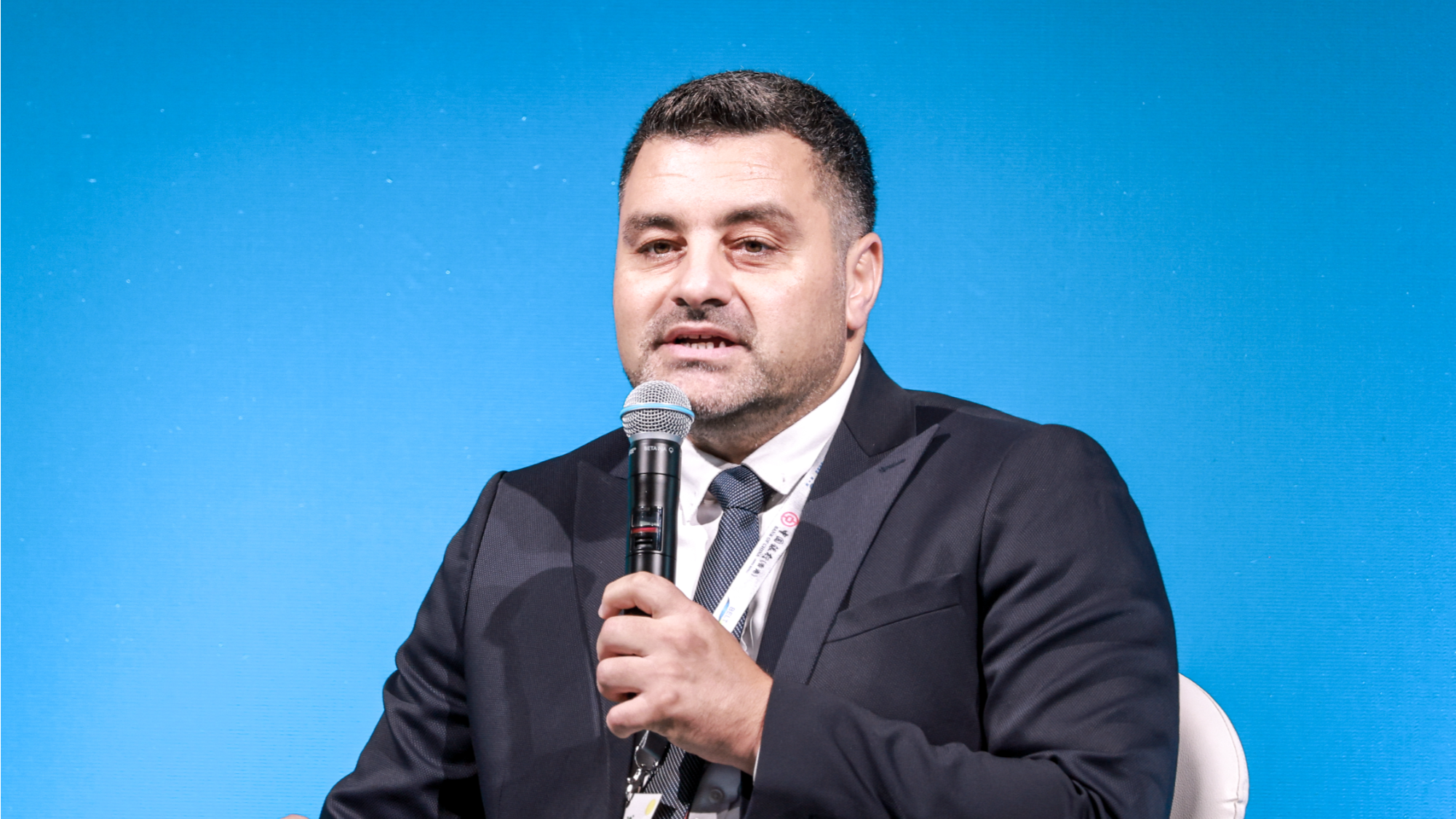
Elnur Islamov, founder of Azerbaijan’s Etno Village, was swarmed by potential partners eager to pitch collaborative bids following his presentation.
Islamov told China Daily that he had entered preliminary talks over the last two days with multiple Hong Kong and mainland-based construction firms interested in supplying smart technologies and innovative building solutions for the eco-tourism development.
Reflecting on the event’s strategic setting, Islamov underscored Hong Kong’s entrenched status as a global financial hub and expressed hope for more international businesses to incorporate the city into their long-term growth strategies.
Contact the writer at wanqing@chinadailyhk.com


